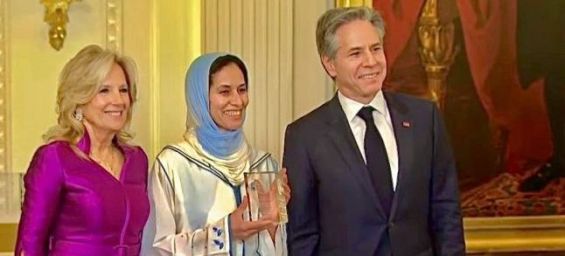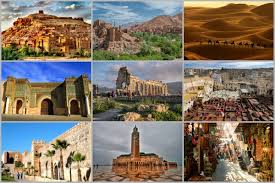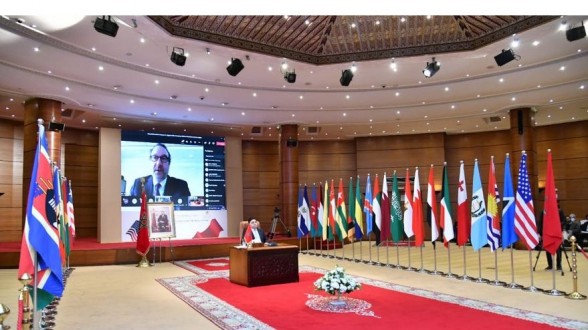Moroccan Rabha El Haymar has been awarded US International Women of Courage Award 2024 for her successful efforts made to gain recognition of her traditional marriage to spare her daughter a life of marginalization and discrimination as an undocumented child.
Ms. Rabha has navigated her country’s legal system thanks to a recourse provided by Morocco’s family code reform of 2004 initiated under the leadership of King Mohammed VI, Commander of the Faithful, for women’s empowerment and protection of their rights.
She hopes that the new review of family code called for by the Moroccan Sovereign “will protect the rights of all women and children and empower them as full and equal citizens.”
Commenting the prize, Morocco’s ambassador to Washington Youssef Amrani said the reform of the family code has contributed to strengthening the democratic process of society and ensuring equality between men and women, while preserving the ethical values of the family and the country’s unifying constants.
These reforms have enabled women to fight all forms of discrimination, consolidate their autonomy and strengthen their participation in the political, economic, and social life of the country.
Last September, King Mohammed VI launched the process of reforming the Family Code to keep pace with the changes taking place in the country and Moroccan society wherein tradition and modernity go hand in hand.
The important inclusive reform has been entrusted to the Ministry of Justice, the Supreme Council of the Judicial Power, and the Presidency of the Public Prosecutor’s Office due to the legal and judicial dimensions of this undertaking.
In a Letter addressed to Head of Government, the King called on the above-mentioned institutions to involve in this reform other bodies directly concerned by this issue, especially the Higher Council of the Ulema, the National Human Rights Council, the Government Authority in charge of Solidarity, Social Integration and the Family, while also opening up to civil society bodies and stakeholders, researchers, and specialists.
The proposed amendments emerging from these broad participatory consultations will be submitted first to the King, Commander of the Faithful, before the government drafts the relevant bill and submits it to parliament for adoption.



